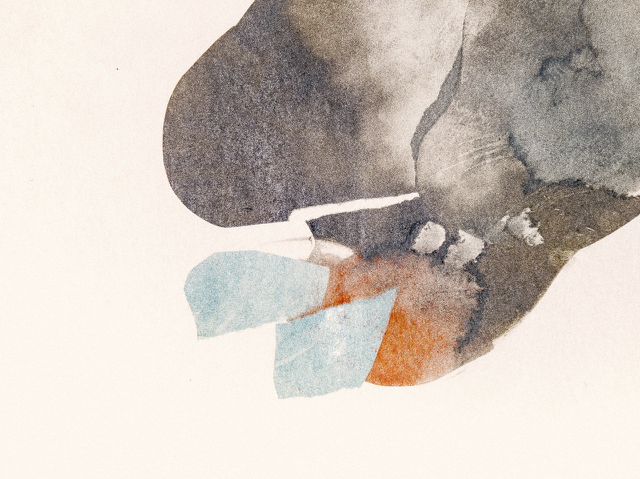
This category of little words entwined in big discussions of identity and representation is ripe with possibility when shared across language and culture. The Pronoun folio takes up questions of subjectivity and its limits in the language worlds of Vietnamese, Korean, Bahasa Indonesia, Chinese, a mythical language composed of only verbs in the Philippines, and the shadow worlds of English that weave in and out of all of these.
Not an assumption; not a name you learned to remember, not a fleshy shape or a face you already recognized
In English, you choose to be gender-neutral. In Indonesian, it’s a gift from the language.
Bạn sẽ gọi quê hương bằng một đại từ nào? Tôi sẽ gọi đó là một ám ảnh | What pronoun would you use to call your birthsoil? I would call it a haunting
A changing consciousness within Mu Dan’s poetry stirs a listening in his translator
By what divine aberration did our souls divide into two, unaware of the splitting?
夜來沉醉卸妝遲 || With night you sink drunk slow to undo/ your hair
was it a gentle human hand, or black-furred / long-clawed
How the blurring of a relationship may point to a more fertile ground lying between the lines, in which multiple desires can co-exist.
An introduction to the folio, featuring 누가, 네, nhân vật, con, chanh, …, 그 (kû), 님 (nim), 형 (hyeong), tôi, em, chúng ta, một ám ảnh, I, [ ], [who?], 我 (wo), kau, aku, dia, ia, you, and a selfsame similarity









